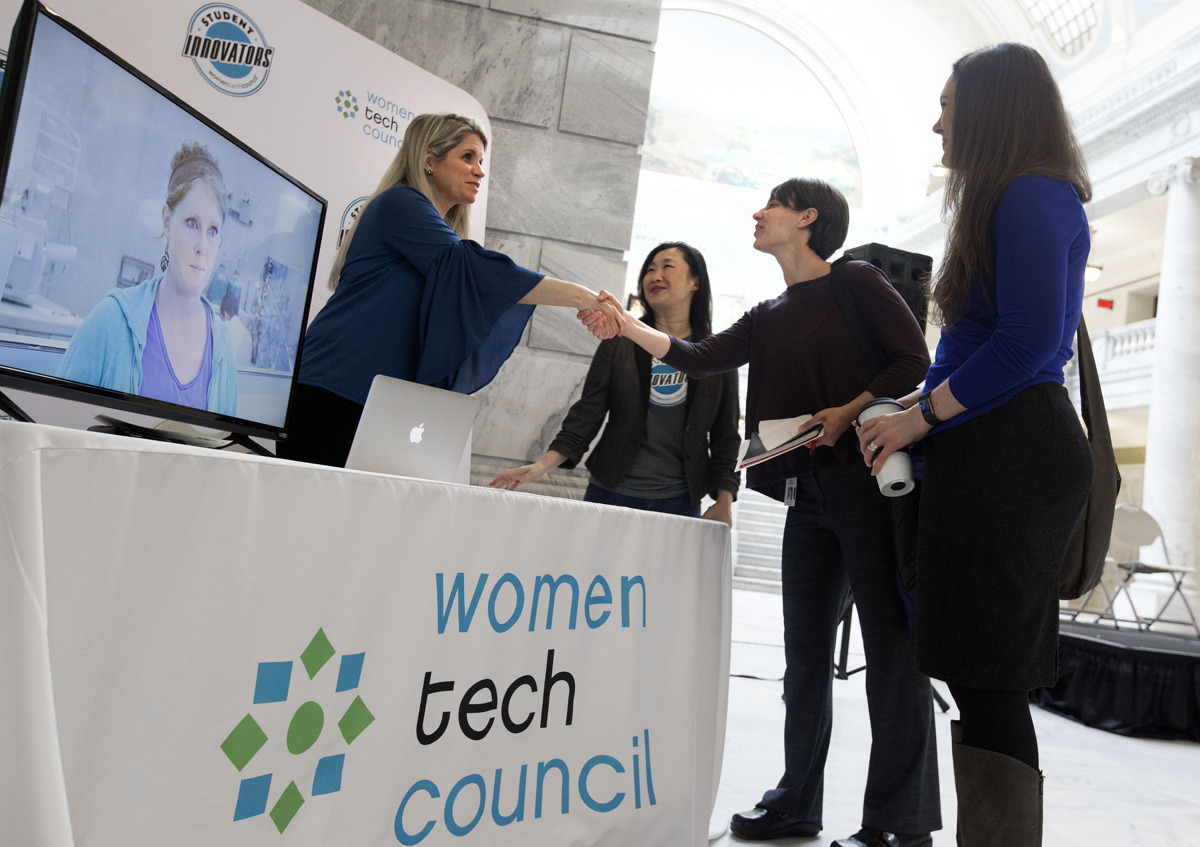SALT LAKE CITY — For young people in rural communities in Utah, finding a meaningful career path can be exceptionally challenging. Students in high school often find work at local fast-food establishments and have little understanding of what options could be available beyond that field.
But a program funded by a grant through the state Department of Workforce Services is helping some kids in rural Utah and statewide find their way to potentially life-changing career choices.
Talent Ready Utah launched its 2018 grant program late last month aimed at creating more work-based learning and career pathway programs for students and adults participating in the labor force. This year, total funding allocated for grants will be $1.92 million, said Talent Ready Utah grant manager Melisa Stark.
“You have to have industry partners that are involved in your project and you have to show how you’re meeting the needs of industry,” she said. “We focus on high-growth, high-wage, high-demand occupations. We focus on apprenticeships, career pathway opportunities and workplace learning opportunities.”
Grant recipients from last year were on display recently in the state Capitol as a demonstration of their success in developing students and adults with the skills desired in high-demand industries in the regions they serve, Stark said.
One of the challenges with Utah’s strong economy is the demand for a skilled labor force in certain industries, she said. The grants support the program’s vision of supporting businesses as they become involved with education and build the state’s workforce for those in-demand occupations, she added.
Among the recipients involved in the event was Project H.O.P.E. (Health, Opportunity, Practice, Education) at Pinnacle Charter High School in Price. The project offers students in underserved rural areas a four-week, paid internship program at health care facilities within the students’ local communities, explained project coordinator Zena Robinson.
“We work collaboratively with (Utah State University Eastern), Castleview Hospital and Workforce Services,” she said.
The program used a $200,000 intergenerational poverty grant to address the issues of high joblessness and low employment opportunity in areas like Carbon County and Emery County where few economic options are available to students who graduate from high school, she said.
